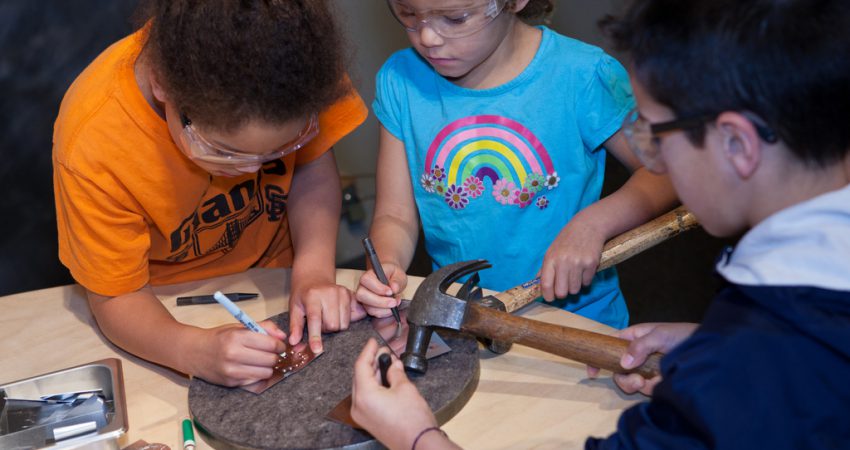
By Elaine Regan - March 2011
PAPER CITATION
Kallery, M., Psillos, D., & Tselfes, V. (2009). Typical didactical activities in the Greek early-years science classroom: Do they promote science learning? International Journal of Science Education, 31(9), 1187—1204
In this paper the analysis of science lessons in early-years classrooms shows that the lessons did not promote scientific investigation or make connections between the ideas and the material world. Teacher directed scientific activities observed had limited value in terms of scientific inquiry and consequently did not foster the development of ideas or support the formation of hypotheses. The paper raises questions about how to best promote scientific practices.
Research literature presents conflicting views on the ability of young children to understand concepts of increasing complexity and whether pre-primary children can understand and think scientifically. There are a growing number of proponents for the use of appropriate scientific work for infant classes and evidence claiming that preschool children are being undereducated from a lack of cognitive demands being made of them. Scientific work can be an effective way of developing scientific thinking and understanding of the material world and contributes to children's understanding of more difficult concepts at a later date. Since pre-primary-level science is considered to be an active enterprise, introducing young children to the investigative nature of science could foster their understanding and reasoning.
From a study that analysed scientists' activities, it has been suggested that theoretical ideas, evidence, and natural world are entities integral to scientific inquiry. Making connections among them constitutes scientific practice and is crucial in facilitating scientific thinking and understanding in science. This study provides a framework for the analysis presented in the article. This study explores whether typical classroom activities observed in science lessons in Greek pre-primary classrooms support children's learning in science using participant observations. The fieldnotes generated in the study are analysed using a framework based on the epistemology of scientific practice. Connections can be in scientific practice among entities such as raw data (Cosmos); representations of sensory data or processing data (Evidence); and models, theories and concepts (Ideas) and these connections were explored in the practice of 11 teachers (44 lessons).
The findings show that connections made during the activities observed in the science lessons involved only the entities Cosmos and Evidence; illustrating that scientific activity was mainly restricted to representations, with limited interventions into the material world. Connections with Ideas were not observed, which suggests that scientific understanding did not occur within these lessons. Although some process skills were utilised within the lessons, other aspects of scientific inquiry were not, utilized, such as identification of variables, associations, alterations, and manipulations, which indicates that the lessons lacked conceptual objectives. The authors recommend support for teachers at this level in terms of their science knowledge and pedagogical practice.
The analysis was confined to lessons covering physics topics because teachers have more difficulty with these than with topics relating to biology – perhaps the findings would be more positive within biology related topics with more connections being made between the ideas and the material world as well between the evidences and the theory.
How might continuing professional development be designed to assist early-years teachers with developing both their own understanding of science and the promotion of scientific thinking and practice within their classrooms?




